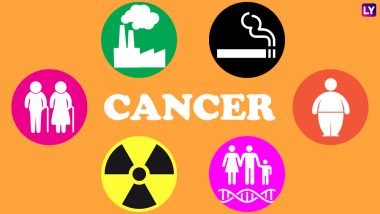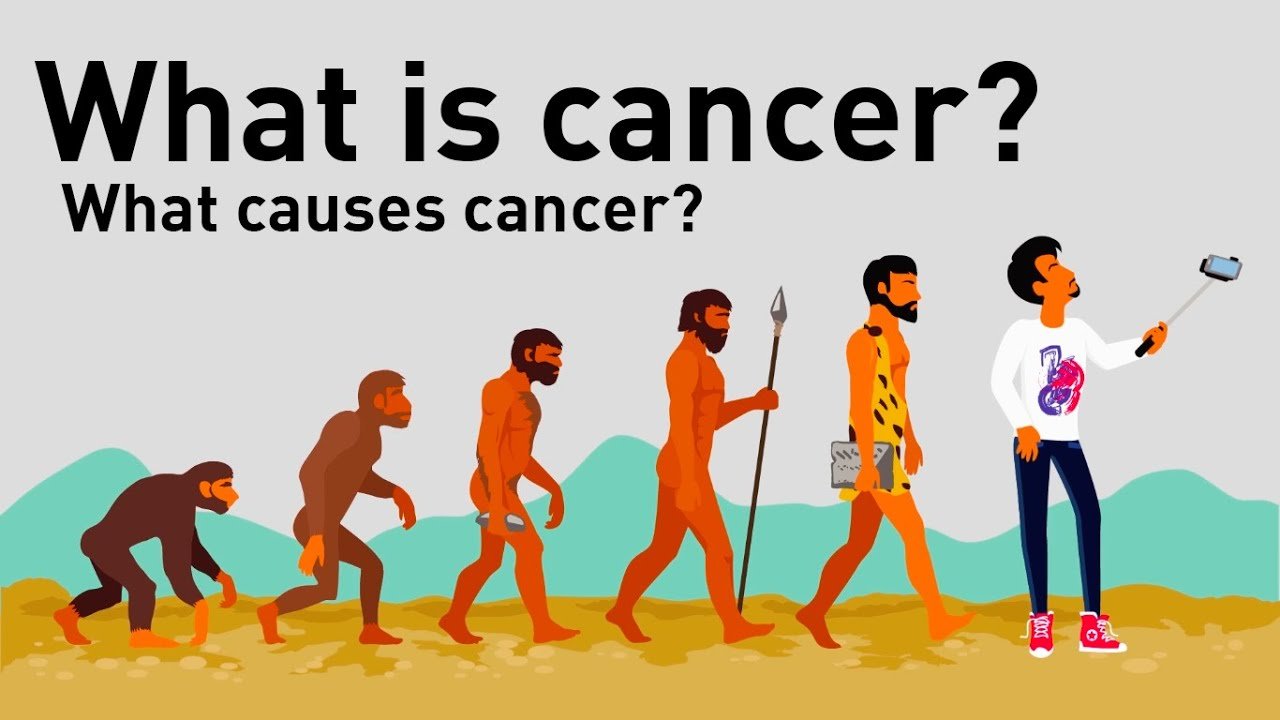Cancer is a complex disease with multiple contributing factors. Understanding what causes cancer can help in its prevention and management. Cancer occurs when cells in the body begin to grow uncontrollably, leading to the formation of tumors or other malignancies. While the exact cause of cancer is often not known, several key factors are known to contribute to its development. Here’s a comprehensive look at the primary causes and risk factors associated with cancer.
1. Genetic Factors
- Inherited Mutations: Some cancers are caused by inherited genetic mutations that increase the risk of developing cancer. For example, mutations in BRCA1 and BRCA2 genes are linked to a higher risk of breast and ovarian cancers.
- Family History: A family history of cancer can indicate a genetic predisposition to the disease. Individuals with a strong family history should discuss genetic testing and preventive measures with their healthcare providers.
2. Environmental Factors
- Exposure to Carcinogens: Carcinogens are substances that can cause cancer. Common environmental carcinogens include tobacco smoke, asbestos, and certain chemicals used in industry.
- Radiation: Exposure to high levels of radiation, such as from X-rays or radiation therapy, can increase the risk of cancer. Sun exposure and ultraviolet (UV) radiation from tanning beds are also known to contribute to skin cancer.
3. Lifestyle Factors
- Tobacco Use: Smoking is a major risk factor for various types of cancer, including lung, throat, and mouth cancers. Tobacco smoke contains numerous carcinogens that damage DNA and promote cancer development.
- Alcohol Consumption: Excessive alcohol consumption is linked to several cancers, including liver, breast, and esophageal cancer. Alcohol can increase the risk by causing DNA damage and affecting nutrient absorption.
- Diet and Obesity: A poor diet high in processed foods and low in fruits and vegetables can contribute to cancer risk. Obesity is also a known risk factor, as excess body fat can lead to inflammation and hormone imbalances that promote cancer growth.
4. Infections
- Viral Infections: Certain viruses are known to increase the risk of cancer. For example, human papillomavirus (HPV) is associated with cervical and other genital cancers, while hepatitis B and C viruses are linked to liver cancer.
- Bacterial Infections: Helicobacter pylori, a bacterium that causes stomach ulcers, is also associated with an increased risk of stomach cancer.

5. Hormonal Factors
- Hormonal Imbalances: Some cancers are influenced by hormonal imbalances. For instance, hormone replacement therapy (HRT) can increase the risk of breast cancer in some women. Estrogen and progesterone levels are also linked to the development of certain cancers.
6. Age and Gender
- Age: The risk of cancer generally increases with age. This is due to the accumulation of genetic mutations over time and the decreased efficiency of the body’s repair mechanisms.
- Gender: Some cancers are more common in one gender. For example, prostate cancer is specific to men, while breast cancer is more common in women. Gender-specific risks should be considered when assessing cancer risk.
7. Genetic and Epigenetic Changes
- Mutations: Genetic mutations can drive cancer development by altering normal cell function. These mutations can be inherited or acquired due to environmental factors.
- Epigenetic Changes: Changes in gene expression that do not involve changes to the DNA sequence itself can also play a role in cancer. These changes can be influenced by environmental factors and lifestyle choices.
8. Immune System Factors
- Immunosuppression: A weakened immune system, whether due to medical treatments (like chemotherapy) or conditions (such as HIV/AIDS), can increase cancer risk. The immune system plays a crucial role in detecting and destroying abnormal cells before they develop into cancer.
Prevention and Mitigation
While not all cancer risk factors can be controlled, several preventive measures can help reduce the likelihood of developing cancer:
- Healthy Lifestyle: Adopt a balanced diet, engage in regular physical activity, and avoid smoking and excessive alcohol consumption.
- Regular Screening: Participate in regular cancer screenings as recommended by healthcare providers to detect cancer early.
- Vaccination: Get vaccinated against cancer-causing viruses, such as HPV and hepatitis B.
Conclusion
Understanding the causes of cancer involves recognizing the interplay of genetic, environmental, and lifestyle factors. While some risk factors are beyond control, making informed lifestyle choices and participating in regular screenings can help reduce cancer risk and improve outcomes. Staying informed and proactive about your health can make a significant difference in cancer prevention and management.

